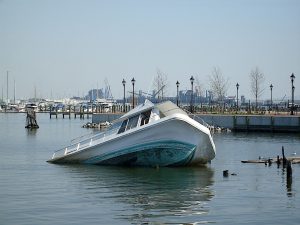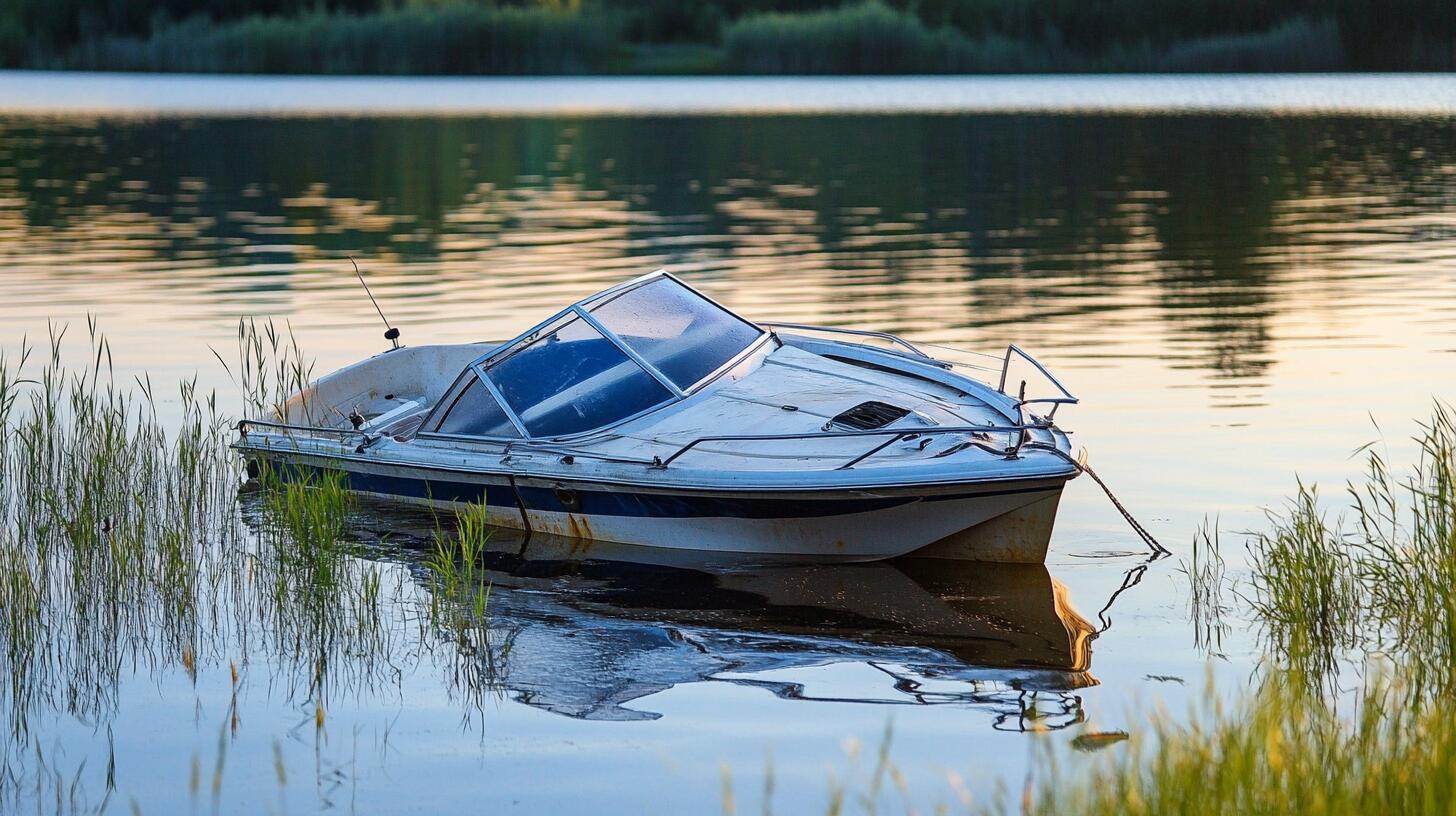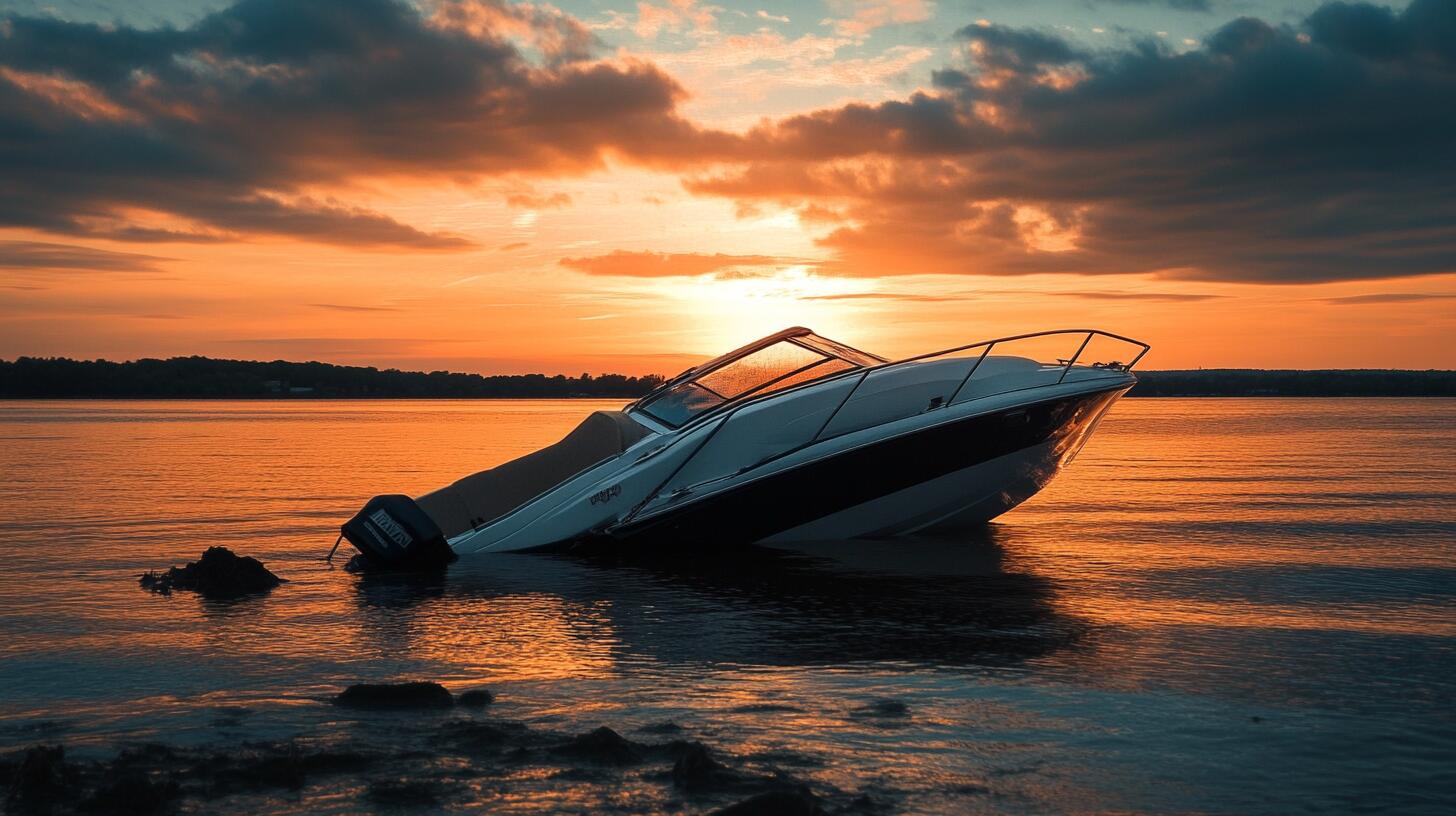
Boating is a popular recreational activity in Minnesota, known for its numerous lakes and waterways. However, with the increase in boating activities, the likelihood of accidents also rises. Understanding the boat accident laws in Minnesota is crucial for both seasoned and novice boaters alike. This article will guide you through the essential aspects of Minnesota boating rules, boat accident laws, and when to seek help from a boat accident attorney.
Minnesota Boating Rules
Before diving into the specifics of boat accident laws, it’s essential to understand the general boating rules in Minnesota. These rules are designed to ensure the safety of everyone on the water.
Boater Education
In Minnesota, certain boaters are required to complete a boater education course. This is mandatory for those aged 12 to 17 who wish to operate a motorboat over 25 horsepower. The course covers essential topics such as navigation rules, emergency procedures, and proper boating etiquette.
Required Equipment
Boats in Minnesota must be equipped with specific safety gear. This includes:
- Life Jackets: Every person on board must have a wearable life jacket. Children under ten must wear their life jacket at all times.
- Fire Extinguishers: Boats with enclosed fuel or engine compartments must carry a fire extinguisher.
- Navigation Lights: These are required for boats operating between sunset and sunrise.
Operating Rules
Minnesota has several operating rules to prevent accidents:
- Speed Limits: Boat operators must adhere to posted speed limits and reduce speed in congested areas.
- Alcohol Consumption: Operating a boat while under the influence of alcohol or drugs is illegal. The blood alcohol concentration (BAC) limit is 0.08%, similar to driving a car.
- Right of Way: Boats must follow right-of-way rules to avoid collisions. For example, sailboats under sail have the right of way over motorboats.
Boat Accident Laws in Minnesota
Despite following all safety rules, accidents can still happen. Understanding Minnesota’s boat accident laws can help you navigate the aftermath of an incident.
Reporting Accidents
In Minnesota, boat operators must report accidents to the Department of Natural Resources (DNR) if they meet certain criteria:
- Injury or Death: Any accident resulting in injury, death, or disappearance of a person must be reported immediately.
- Property Damage: Accidents causing property damage exceeding $2,000 must be reported within five days.
Liability and Negligence
Determining liability in a boat accident can be complex. Minnesota follows a comparative negligence system. This means that if multiple parties are at fault, each party’s responsibility is determined as a percentage. For instance, if you are found to be 30% at fault for the accident, you can still recover 70% of the damages.
Insurance Requirements
While Minnesota does not mandate boat insurance, it is highly recommended. Insurance can cover damages, medical expenses, and liability in case of an accident. Some marinas may require proof of insurance before allowing you to dock your boat.
When to Consult a Boat Accident Attorney
Navigating the legal complexities following a boat accident can be challenging. Consulting a boat accident attorney can provide you with the expertise needed to handle your case effectively.
When Should You Seek Legal Help?
Consider consulting a boat accident attorney if:
- Injuries or Fatalities: If the accident resulted in significant injuries or fatalities, legal assistance is crucial.
- Disputes Over Fault: If there is a dispute about who is at fault, an attorney can help gather evidence and build your case.
- Insurance Issues: If you face challenges with your insurance claim, a lawyer can negotiate on your behalf.
Choosing the Right Attorney
When selecting a boat accident attorney, consider the following:
- Experience: Look for an attorney with experience in boating accident cases.
- Reputation: Check reviews and ask for references to ensure the attorney has a good track record.
- Communication: Choose an attorney who communicates clearly and keeps you informed throughout the process.
Prevention and Safety Tips
While understanding the laws is crucial, preventing accidents should always be the priority. Here are some tips to ensure safe boating:
Regular Maintenance
Ensure your boat is in good working condition by performing regular maintenance checks. This includes inspecting the engine, checking for leaks, and ensuring all safety equipment is functional.
Weather Awareness
Always check the weather forecast before heading out. Avoid boating in severe weather conditions, and be prepared to return to shore if the weather takes a turn for the worse.
Safe Speed and Vigilance
Operate your boat at a safe speed, especially in crowded areas. Always keep a lookout for other boats, swimmers, and obstacles.
Avoid Alcohol
Operating a boat under the influence is not only illegal but also extremely dangerous. Save the alcohol for when you’re safely back on shore.
Conclusion
Understanding boat accident laws in Minnesota is essential for safe and responsible boating. By following the state’s boating rules, knowing what to do in case of an accident, and seeking legal help when needed, you can ensure a safer experience on the water. Remember, prevention is key, but being prepared for the unexpected is equally important. Stay informed, stay safe, and enjoy your time on Minnesota’s beautiful lakes and rivers.
Contact Minnesota’s Top Boat Accident Lawyers
If you find yourself in need of legal assistance following a boat accident, don’t hesitate to reach out to 612-Injured, Minnesota’s leading boat accident lawyers. Our experienced team is dedicated to providing you with the support and expertise necessary to navigate the complexities of your case. We understand the challenges you may face and are here to ensure your rights are protected. Contact us today for a free consultation, and let us help you pursue the compensation you deserve. Your safety and well-being are our top priorities.


